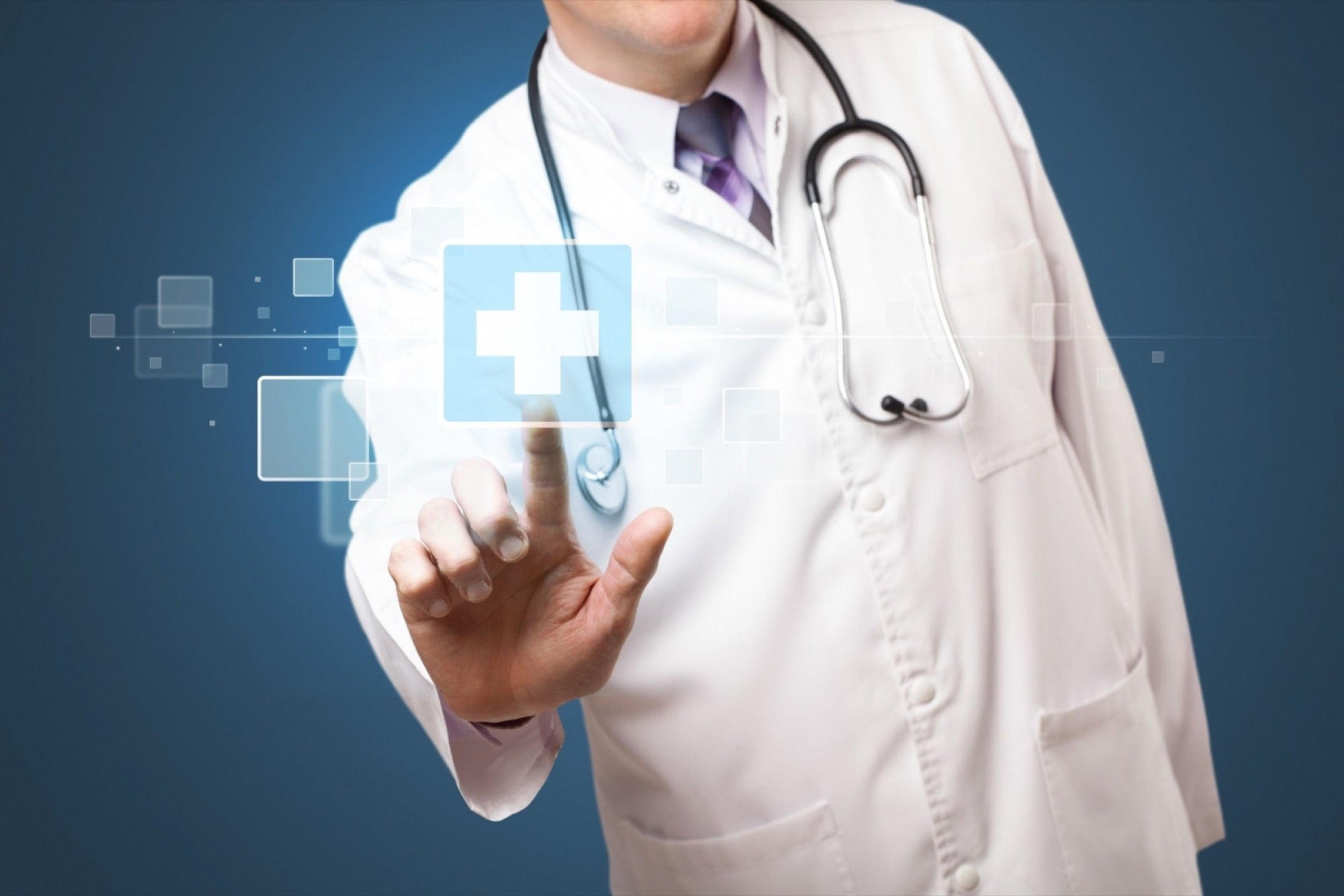Digitizing Healthcare: How Technology is Improving Medical Care Medical technology is a diverse field where innovation plays a crucial role in sustaining health.
Opinions expressed by Entrepreneur contributors are their own.
You're reading Entrepreneur India, an international franchise of Entrepreneur Media.

In today's world of ever-increasing digitalisation, technology plays an important role in every industry as well as in our personal lives. In tandem with the existing healthcare emergency models worldwide, it is very important that India adopts the digital way. Advancement in medical technology has allowed doctors and physicians to better diagnose and treat their patients.
The Situation Worldwide: Developed Countries
Worldwide Emergency Medical Services are categorized primarily into two models:
- German-Franco Model - an ambulance is staffed by physicians.
- Anglo-American Model - ambulances are staffed with EMTs trained in BLS (Basic Life Support), ILS (Intermediate Life Support) or ALS (Advanced Life Support).
Executioners of both models try to make use of modern techniques, tools, and technologies for reducing medical uncertainties. This helps to get the best possible quality of patient-centric pre-hospital care.
Taking the USA, for example, common helpline number – 911 – is used to access the fire, medical and police emergency helpline. Also, the EMT (Emergency Medical Teams) has an organized structure in the form of three levels – basic, intermediate, advanced. Proper training is provided to each of these three tiers starting from oxygen administration to tracheal intubation.
Paramedics are trained for the purpose of handling emergencies. The programs exceed thousand hours in length and consist of nearly 500 hours of classroom training and another five hundred hours of hospital-based clinical training. Thus, medical teams have great competence when it comes to handling emergencies.
One of the oldest cities in the history of USA is Boston. Boston EMS boasts of receiving and handling three hundred calls per day. Being one of the busiest EMS centers, they have a very low response time and organized system –
- Priority one calls – pertaining to urgent or life threatening situations.
- Priority two calls – when the situation is serious or potentially life-threatening.
- Priority three and four calls - are for non-life threatening injuries or illnesses.
Another example is that of the United Kingdom where the National Healthcare Service (NHS) is the primary healthcare system in place. Similar to the USA, they have a common number for reporting life-threatening emergencies: 999. Both 999 and 112 can be dialed for availing the emergency ambulance service. NHS treatment is provided free of cost to residents of UK.
Calling 999 is the first step for emergency medical scenarios. Paramedics provide help over telephone communication to stabilize the situation until the ambulance and trained professionals arrive. Emergency heart care, stroke care, and trauma care services are provided by them.
India and Emergency Healthcare
Developing countries such as India face the harshest situations in case of any medical emergency. The main reason is that public health systems are understaffed and underfunded. In the majority of the situations, there is a struggle to deal with the massive infrastructural disparity between the demand and supply for aid during medical emergencies.
The main helpline for ambulance services is 102; unlike developed countries such as USA and UK where there is a combined number for police, fire and medical emergencies. However, the response time is very high because the calls routed from the central call center to the regional hospital. Moreover, quality services are not guaranteed. Therefore, people opt for other private solutions, for example like in LifeHover. They provide greater reliability with lower response time due to strategically stationed ambulances, monitored through GPS services.












